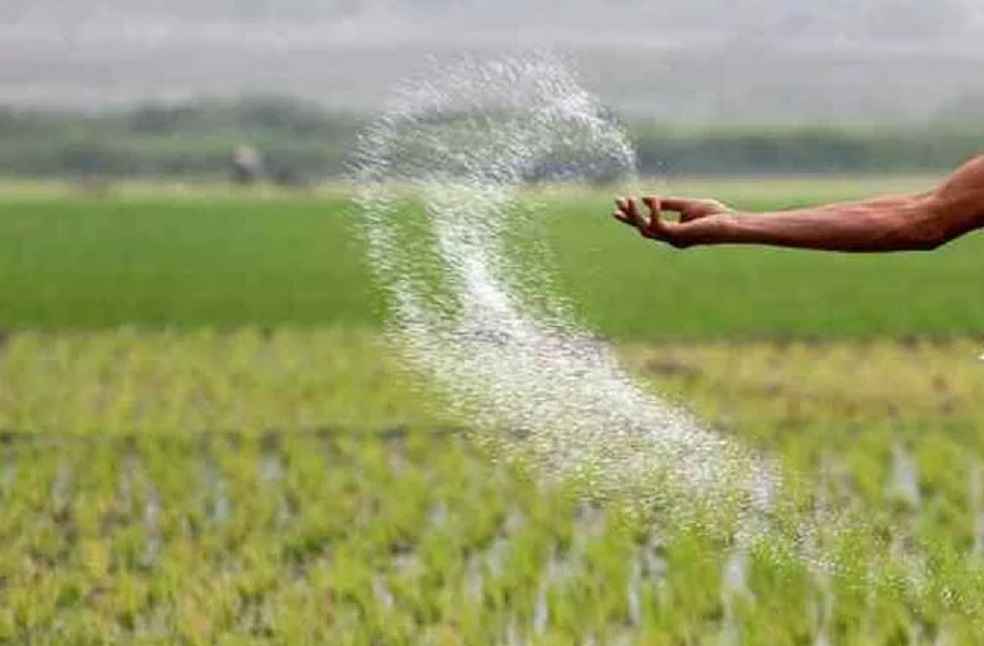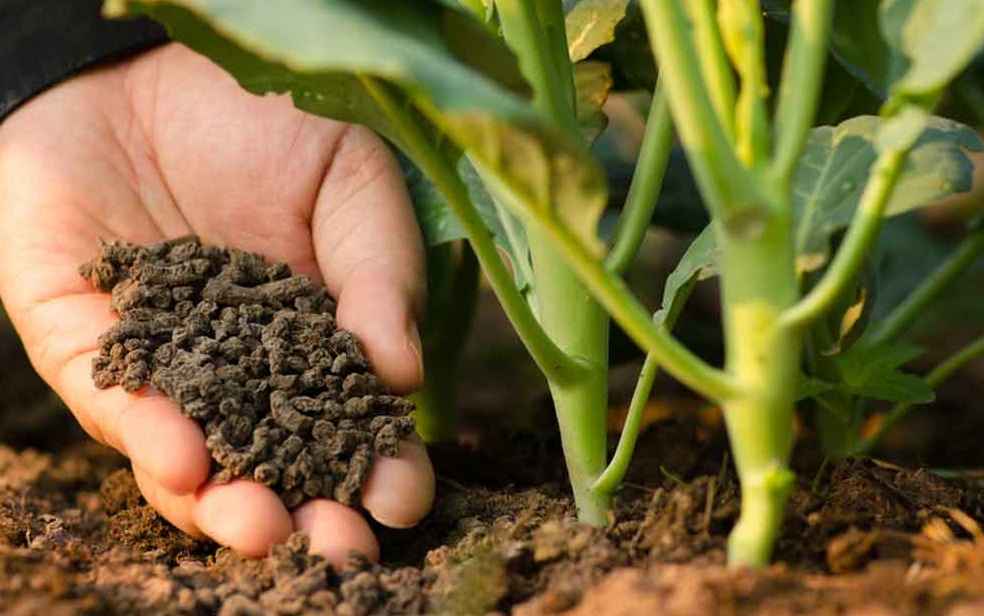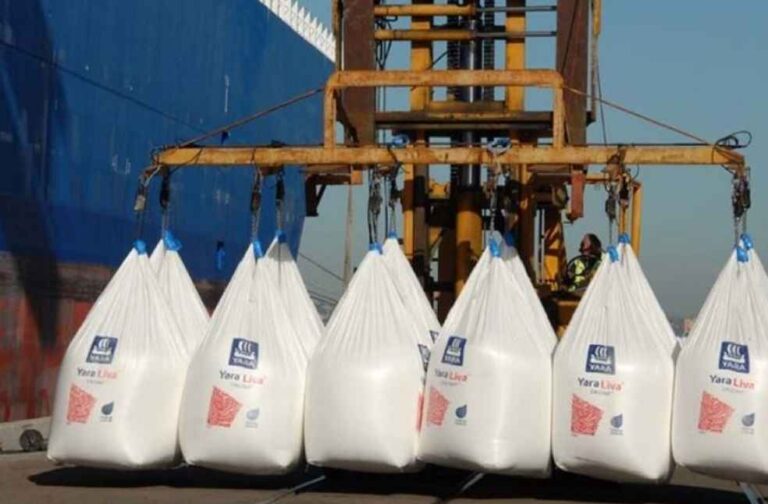Tanzania faces a substantial rise in its fertilizer import bill as global prices for these agricultural essentials hit record highs. Bank of Tanzania data reveals a staggering 155% surge in fertilizer import values from $237 million in the 2020/21 fiscal year to $605.4 million in 2022/23.
Concurrently, fertilizer imports dropped by 40%, from 662,868 metric tonnes in 2020 to 395,033 metric tonnes in 2021, according to statistics from the Food and Agriculture Organization. These figures, sourced from official trade data via Tanzania Revenue Authority and Tanzania Fertilizer Regulatory Authority, highlight a significant shift in the country’s fertilizer dynamics.
A primary catalyst for the 40% decline in import volume in 2021 was soaring global fertilizer prices, disrupting both supply and demand chains. Although prices have somewhat eased from their peak levels in early 2022, they remain historically elevated, posing substantial challenges to Tanzania’s agricultural sector.

The escalation in fertilizer prices traces back to the onset of the Covid-19 crisis, which triggered disruptions across global supply chains. However, the situation exacerbated with the outbreak of conflict between Russia and Ukraine. Russia, being one of the world’s leading fertilizer producers, found its operations significantly impacted by the geopolitical tensions.
In response to the crisis, the Russian government initiated a substantial fertilizer subsidy program in August 2022 for the 2022/23 season, aimed at enhancing affordability for farmers and bolstering agricultural productivity. Tanzanian Minister for Agriculture, Hussein Bashe, reported substantial price reductions resulting from these efforts. For instance, the price of Diammonium Phosphate (DAP) plummeted from 131,675/- per bag to 70,000/-, and Urea dropped from 124,714/- to 70,000/-. Similarly, the price for Calcium Ammonium Nitrate (CAN) decreased from 108,156/- to 60,000/-, and NPKs from 122,695/- to 70,000/- per bag.

To ensure the effectiveness of the subsidy scheme and curb smuggling, the Tanzanian government implemented an online registry for farmers eligible for subsidized fertilizer. Within just one month of its introduction in September 2022, the registration exercise attracted 1.3 million farmers, as reported by Minister Bashe.
Dr. Stephan Ngailo, Executive Director of the Tanzania Fertilizer Regulatory Authority, highlighted the significant strides made through this initiative during a symposium, revealing that 194.3 tonnes of fertilizer had been purchased as of January 09, 2023. Moreover, approximately 560,451 farmers have benefited from the subsidy program, made possible by President Samia Suluhu Hassan’s allocation of 150 billion Tanzanian Shillings in the 2022/23 budget for agricultural fertilizer subsidies.
IMEX SECTOR | Morocco’s Fruit Imports Soar Amid Weather Woes, Securing Domestic Supply



